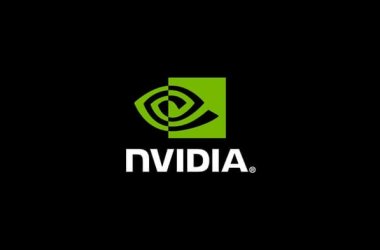Don’t expect HP to have a change of heart about building Windows RT devices anytime soon.
Todd Bradley, Executive Vice President of HP’s Personal Systems Group, said he’s “not a big Windows RT fan” in an interview with CITEworld.
Bradley didn’t explain his disdain for Windows RT, which runs the same ARM-based processors found in most smartphones and tablets, but the operating system does have some limitations compared to Windows 8. Windows RT can’t install any desktop software — it can only download apps from the Windows Store — and the strongest ARM-based chips still don’t compare to the most powerful Intel processors for laptops and hybrids.
So far, Asus, Dell and Samsung are the only third-party PC makers to announce Windows RT tablets. In June, HP held off on its own plans to sell Windows RT devices, saying that it would instead focus on Windows 8 devices with x86 chips, such as those made by Intel. A rumour from Semiaccurate claimed that Microsoft’s Surface with Windows RT tablet factored into HP’s decision.
That report was never confirmed or rebutted, but Bradley certainly didn’t have any kind words for the Surface, calling it “slow and a little kludgey” and dismissing its ability to compete.
“Holistically, the press has made a bigger deal out of Surface than what the world has chosen to believe,” Bradley said, also noting that the Surface has a very limited retail distribution. “If you want to go to any of the 30 Microsoft Stores in the United States to buy one, I think you should probably do that.”
HP doesn’t seem to be in rush to sell its own consumer tablets. The company has announced one Windows 8 tablet, the ElitePad 900, which is aimed at businesses. It has also announced the Envy X2, a hybrid device with a detachable keyboard and trackpad dock.
As for a standalone consumer tablet, Bradley said not to expect anything until next year.
Still, he suggested that all options are on the table, even Android. “Whether we go into tablets — there’s a whole litany of ARM-based Android, ARM-based Microsoft, there’s quite a grid,” he said.
“We’ll be judicious about how we deploy against application availability in the enterprise, consumerisation, and price points, there’s a whole host of things we’ll look at.”
In any case, HP will need to come up with something to revitalise its PC business. As the entire market declines, the company has struggled to keep its spot as the world’s largest PC maker, and according to Gartner, finally slipped behind Lenovo last quarter.






